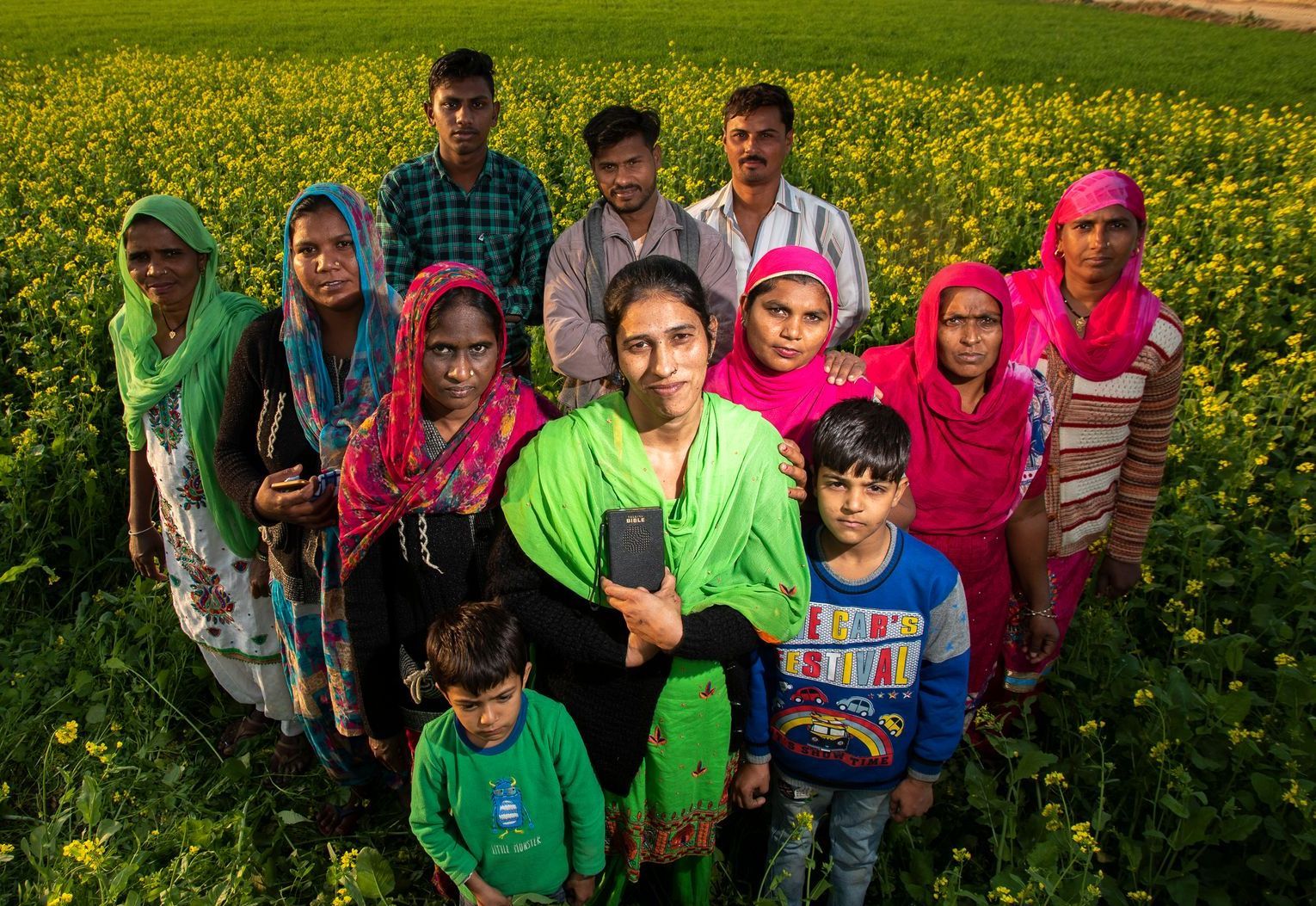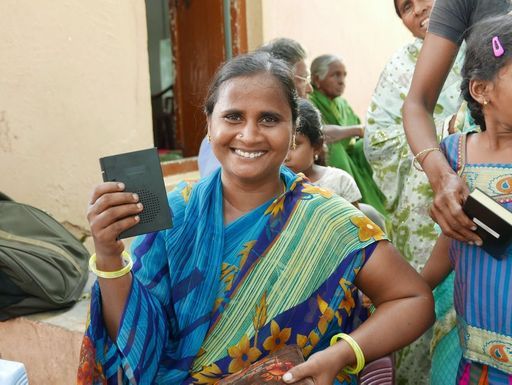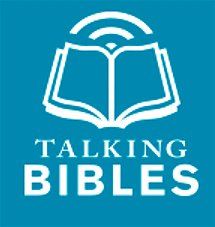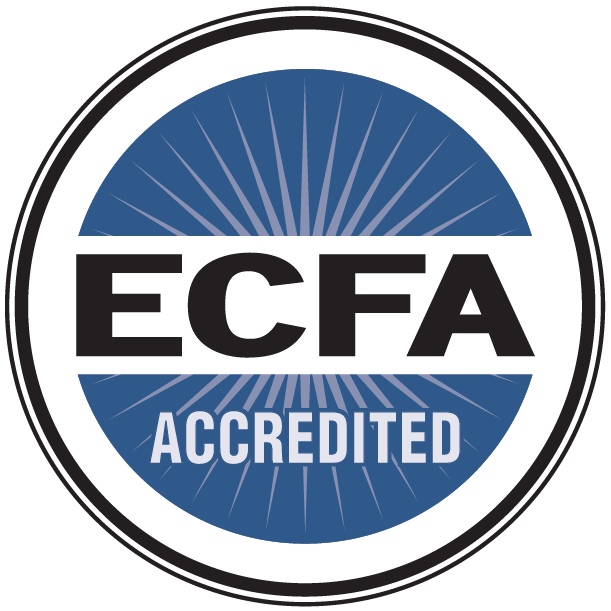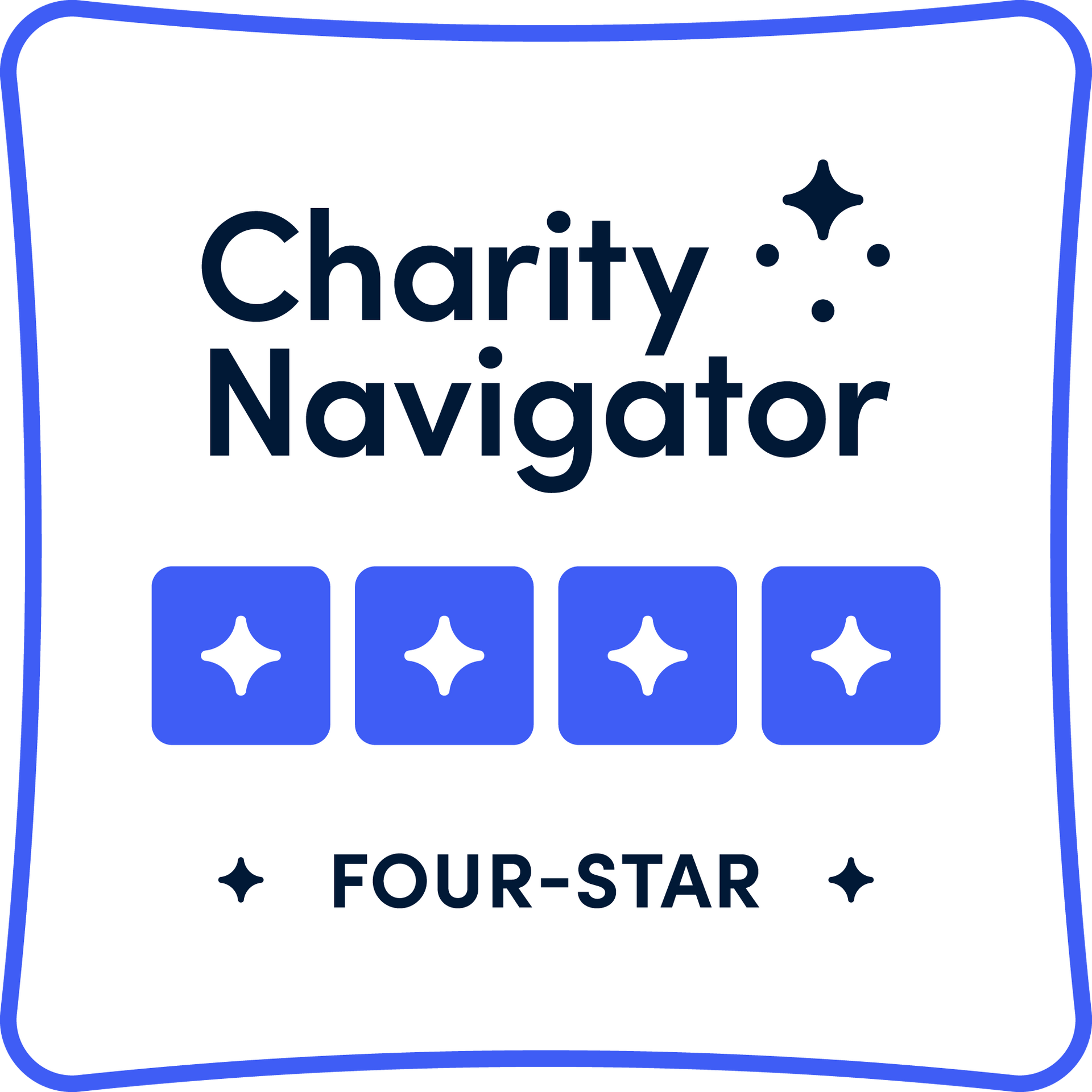Why Do We Need Talking Bibles?
By our estimation, there are over 1 billion people in the world who cannot read the Bible in their heart language.
A printed Bible is useless to them. To access the Bible, they need Scriptures available in audio format.
People lack literacy for various reasons, whether they belong to oral cultures, do not have access to education, or are visually impaired. These groups of people may struggle to read a print Bible, but they will easily listen to the Talking Bible.
That's why we need your support. By supporting Talking Bibles, you provide the Bible in a format non-readers can use: audio. With access to over 2,000 languages, you give the Bible in the language they best understand. And with the infrastructure already in place to reach those in need, your donation goes right to producing audio Bibles and getting them into the hands of those who need them the most.
770+ Million
There are more than 770+ million non-readers in the world. How will they access the Bible?
3+ Billion
There are estimated 3 billion people worldwide who are oral learners. They need more than a printed Bible.
350+ Million
There are more than 350+ million people in the world with some visual disability. They need to hear God's Word.
2000+ Languages
So that no one misses the message of the Gospel, we have access to over 2,000 audio languages.
Breaking Down Barriers
Whatever the reason for their lack of literacy, all non-readers need the truth of Scripture in their own language in a format they can study for themselves.
God’s Word in a Talking Bible can break the barriers of illiteracy, persecution, superstition, anti-conversion laws, and lack of resources. Non-readers can listen anytime, anywhere.
The Good News in the Bible gives new life along with new vocabulary and a new way of thinking. People who struggle to survive in poverty often have no time or reason to learn to read unless they already know the power of the Gospel. But many people, especially leaders, will not accept the authority of the Bible unless they can see or hear it for themselves. The Talking Bible crosses these barriers of mistrust and fear because God's word speaks to them.
Opening Doors of Opportunity
A Talking Bible reaches people who have never heard about God and provides God’s Word to Christians who cannot read.
Christians eager to share their faith will be enabled to do so in a non-threatening way by playing the Talking Bible. As curiosity draws many to listen to a Talking Bible, an otherwise locked door of opportunity is opened to reach the illiterate lost.
When non-reading Christians are equipped with a Bible in a format they can understand, God's Kingdom expands. Access to the Bible in their heart language empowers non-readers to become evangelists, disciples, and church planters. They will share the Gospel with their families, friends, and neighbors.
Reaching the Visually Impaired
Talking Bibles are used by blind and visually impaired people worldwide.
Blind since birth, before Tadesse received a Talking Bible, he was discouraged and frustrated. He desired to know more about the Bible, but he had to wait until someone could read it to him.
“Until I received the Talking Bible, I was completely dependent on sighted people to read it for me, and it was very hard to hear the scriptures at a convenient time.”
Holding up his Talking Bible, Tadesse says the discouragement has now changed to hope, “I finally have the Bible in my hand, to use at any time—this is something I never thought I could have.”
By our estimation, there are over 1 billion people in the world who cannot read the Bible in their heart language.
Worldwide Literacy
Officially, about 771 million people worldwide lack basic reading and writing skills, according to UNESCO, the international organization tasked with measuring global literacy.
Talking Bibles and its associates have worked for decades with non-literate, often overlooked minority groups isolated by language and culture. We know from experience that the problem of Biblical illiteracy is much greater.
Oral Cultures
Most oral learners belong to cultures that do not teach with books but with conversations, narratives, music, and visual arts. As a result, oral learners may struggle to understand the Gospel when their only access is the printed Bible. There are estimated 3 billion people worldwide who are oral learners.
Listen to Charles Madinger's podcast
The Unwritten Word: Learning from High Orality-Reliant Cultures
Visual Impairment
The Lancet Global Health article published on August 2, 2017, showed that in 2015, an estimated 36 million people were blind, 217 million were moderately or severely vision impaired, and 188 million had mild vision impairment.
Copyright © 2024. Talking Bibles International. All Rights Reserved.

